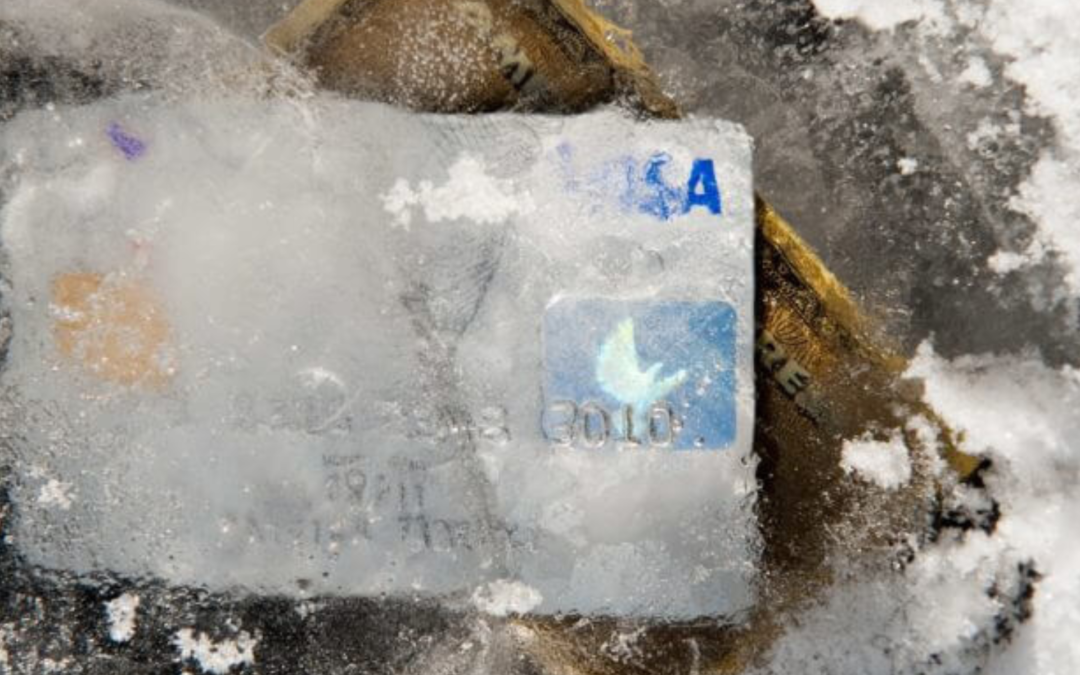An offshore bank account can offer many advantages but how can you avoid it being frozen, restricting access to your funds, creating legal complexities and reputational damage?
Here we will explore some effective strategies to avoid being stuck with a frozen offshore bank account and ensuring smooth and ongoing access to funds.
Meaning of frozen bank account
A frozen account is a bank or investment account that does not allow outgoing transactions. As a rule, account freezing is the result of a court order. In some cases, this process may be initiated by the financial institution itself. The freeze occurs when the account holder has outstanding debts to creditors or the government, as well as in cases where suspicious activity has been detected in the account.
Avoiding the freezing of your offshore bank account
A frozen offshore bank account can cause significant difficulties in conducting financial transactions, including :
1. Restricted access to funds
When an offshore bank account is frozen, you may not be able to withdraw or transfer money from the account. This can lead to difficulties, especially if you rely on those funds for your day-to-day expenses or business transactions.
2. Legal and regulatory issues
Offshore bank accounts are subject to different legal and regulatory requirements. In the event of your account being frozen, this could indicate that there are compliance issues or suspicions linked to illegal activity associated with the account. This may lead to investigations and potential legitimate consequences.
3. Difficulty in resolving the issue
Unblocking a frozen offshore bank account can be a complex and long process. It can involve dealing with multiple jurisdictions, legal procedures, and extensive documentation requirements. This can lead to delays and additional charges to recover access to your funds.
4. Damage to reputation
If your offshore bank account is frozen due to suspected illegal or non-compliant activities, this may have a negative impact on your personal or business reputation. As a result, doubts may surround your financial integrity and credibility, and affect your ability to engage in future financial or business transactions.
5. Unpredictable jurisdictional issues
Offshore bank accounts are frequently located in jurisdictions with distinct legal systems and regulations. Dealing with a blocked account in a foreign jurisdiction can be particularly difficult, as it can involve a number of different legal processes and language barriers.
6. Compliance and reporting obligations
Offshore bank accounts are subject to certain reporting requirements, such as filing tax returns. If your account is frozen, this can create complexities in meeting these obligations which can lead to penalties or legal consequences.
In order to avoid these issues, it is important to make sure that you respect all applicable laws and regulations in the jurisdiction where you have opened your bank account.
It is equally important to maintain proper documentation and engage in legitimate financial activities.

How can you unlock a frozen account?
The freezing of an account is not permanent, but generally the account holder must take certain actions before it can be lifted. Normally, the freeze is removed after the person has made full payment of an unpaid debt to a creditor or the government. In some cases, the creditor might eventually pay only a proportion of the debt after both parties have negotiated.
In cases of suspicious activity, the bank generally removes the freeze after completing an investigation. If illegal activity is detected or the account holder is found to be involved in any fraud involving the account, the account may be permanently closed and the remaining funds may be seized.
Strategies to safeguard your offshore bank account from freezing
1. Understanding and comply with regulatory requirements
To reduce the risk of having a frozen offshore bank account, it is essential to understand and respect the regulatory requirements of the jurisdiction where your account is held. Learn about local laws, reporting obligations, and financial regulations governing offshore banking. Stay up to date with any changes to these regulations to ensure ongoing compliance. Seeking the services of experienced professionals, such as tax advisors or legal experts specialising in offshore banking, can provide valuable guidance in navigating this complex regulatory environment.
2. Choose a reputable and trustworthy bank
Choosing a reputable and properly regulated bank is fundamental to protecting your offshore bank account. Do thorough research on potential banks, taking into account their reputation, stability and compliance history. Look for banks being subject to strict regulatory and supervisory frameworks, as this reduces the probability of account freezes due to non-compliance or illegal activities. Go for banks located in jurisdictions with a strong financial system and a history of respecting customer privacy.
3. Maintain transparent and legitimate transactions
Transparent and legitimate transactions are essential to avoid triggering suspicions that could lead to the freeze of an offshore bank account. Ensure that all funds placed in and withdrawn from the account come from legal and legitimate sources. Keep proper documentation and records of all financial transactions, including invoices, contracts and relevant documents. By providing a clear audit trail, you prove the legitimacy of your activities, which reduces the likelihood of a freeze.
4. Regulatory review and update compliance procedures
Revising and regularly updating compliance procedures is essential to avoid unexpected freezing of your offshore bank account. Stay informed of changes to offshore banking laws and regulations and adapt your procedures accordingly. Implement strong Know Your Customer (KYC) and Anti-Money Laundering (AML) practices to ensure your account is in line with international standards. Conduct regular internal audits to proactively identify and correct any compliance deficiencies.
5. Maintain open communication with your bank
It is essential to establish channels of open communication with your offshore bank. Keep your bank informed of any changes in your financial activities or circumstances that could impact your account. These may include changes in business operations, significant deposits or withdrawals, or updates regarding personal information. By being proactive in sharing information with your bank, you increase transparency and trust, while reducing the likelihood of misunderstandings that could lead to account freezes.
6. Seek professional advice
Seeking the services of experts fully familiar with offshore banking can be extremely valuable in avoiding the freezing of an account. Skilled tax advisers, legal experts or offshore banking consultants can provide information and guidance tailored to your specific circumstances. They can help you navigate the complex regulatory landscape, ensure compliance and implement best practices for maintaining a healthy offshore bank account.
Being aware of the risks
While offshore bank accounts offer numerous benefits, it is essential to be aware of the risks associated with a frozen bank account. By understanding and complying with regulatory requirements, choosing reputable banks, maintaining transparent transactions, regularly reviewing compliance procedures, and keeping open communication with your bank, you can significantly minimize the likelihood of a frozen offshore bank account.
Keep in mind that asking for professional advice from a professional financial expert can provide additional support and ensure you stay on track.
If you wish to consider your current situation and risks, do not hesitate to book a free consultation with our team now.
Disclaimer
Widelia and its affiliates do not provide tax, investment, legal or accounting advice. Material on this page has been prepared for informational purposes only, and is not intended to provide, and should not be relied on for, tax, investment, legal or accounting advice. You should consult your own tax, legal and accounting advisors before engaging in any transaction. Please consult https://widelia.com/disclaimer/ for more information.









